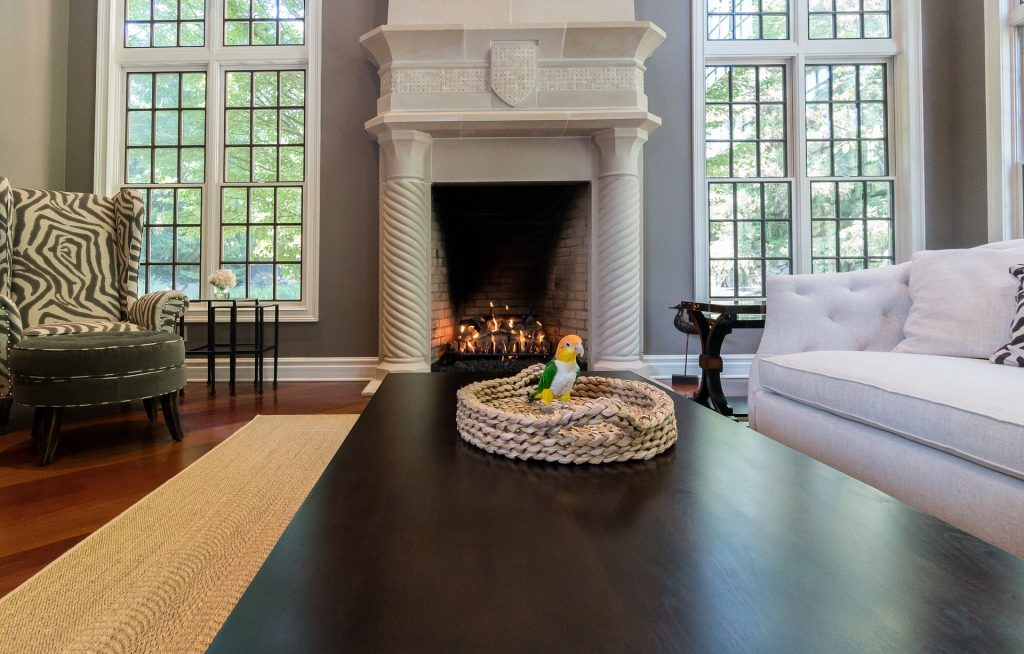
Big majority of bird owners favor to keep their feathered friends inside their homes. Whereas some owners opt to house their birds in outdoor compartments. Keeping pet birds outside can have many benefits, like giving them a natural vitamin D boost from the sun,but there are also severe risks to outdoor housing. Find out some of the problems that can arise from keeping your bird outside, so you can make a good decision about its housing.
Reasons To Keep Your Bird Inside
1.Exposure to bacteria
Birds that live outside encounter a host of bacteria that can be avoided by living indoors. These include the avian flu, parasites, bacterial diseases, and more.
Although there are many goods available that claim to protect against parasitic infections, it is very difficult to prevent viral and bacterial diseases. Perfect defense against these types of illnesses is to avoid exposing your bird .
2.Extreme Weather
Exposure to harsh weather can be harmful to a bird’s health. And it can be hard to insulate a birdcage effectively enough to protect its occupants from the harsh weather conditions they would encounter outside.
Birds that get too hot or cold are at risk for fatal sickness if they do not get proper shelter. Other weather events like rain,hail and lightning further increase the risks for fatal illness.
3.At increased risk of escape
A bird that is housed in an outdoor enclosure is at an increased risk of escape. If the bird is a parrot of any type, then the risk is even high. These very intelligent birds are famous for figuring out how to open even the most complicated cage doors.
If your bird escapes its outdoor cage.It is also at risk of injury from environmental hazards. It might also suffer extreme stress and shock, which can lead to illnesses and even death.
4.Predators
Development has given our feathered friends the instincts and equipment necessary to escape predators many times—but not all of the time. Pet birds often have even more difficulties escaping harm’s way than their wild counterparts, as their instincts for detecting danger aren’t as sharply honed.
All kinds of animals like cats,dogs and even some birds might eat your pet bird as a meal if it housed outdoors.Even if your bird is securely jailed in its cage, there is always the chance that a predator finds a way inside the cage.
5.Environmental Toxins
Birds that live outside ,even if their cage is secure.They are at risk of getting in contact with environmentl toxins that can make them very sick.These toxins can be in the form of pollution,plants and also insects that have been exposed to other chemicals.
Based on your bird’s size and the toxin engaged, it often doesn’t take much exposure to have a serious reaction. And even if you’re careful about potential toxins on your own property, often these hazards can travel great distances and make your bird ill.
I hope “Reasons To Keep Your Bird Inside” was a helpful article.
See Also: Shipping a Pet Bird Through the Mail
Everything you need to now about cockatiel diet
The health and vitality of your Cockatiel depends entirely on the right kind of diet.The perfect diet not only means the right amount but also the right combination ofthe essential nutrients required by your Cockatiel. We need to be even morecareful about the...
13 Fun Facts About Macaws | Bird and Beyond
1. Macaws Can Live More Than 80 YearsMacaws live to be around 60 years in the wild on average, and in some cases this can extend for up to 80 years and even as long as 100 years. When kept as pets, macaws are often known for outliving their owners! In the wild, their...
15 Most Frequently Asked Questions about Budgies
15Frequently Asked Questions.Here are some most common questions about bugies. When people refer to an "English" budgie they are generally talking about a budgie that is significantly bigger than the wild Australian budgerigar and with characteristics and features...
All you need to know about Budgerigar
Budgerigars are among the most popular pet birds for good reason. These charismatic little parakeets are loveable and affectionate. They are easy to tame if they are acquired at a young age and are able to mimic speech like larger parrots. Budgies are easy to care for...
How to choose right budgie or parakeet?
A duck is a duck is a duck !!! but a budgie is a budgerigar is a keet is a parakeet at least to the average person. Most people are confused as to whether a budgie is a parakeet, or a parakeet is a budgie or whether they are entirely different birds. In the United...
Are Round Cages Bad for Birds?
Are Round Cages Bad for Birds? The answer to this questions is that round cages are not good for most bird species for many reasons. Most important round cages are risky for the inhabitant. Any bird in a round cage could easily get a toe, beak, tail, or entire...

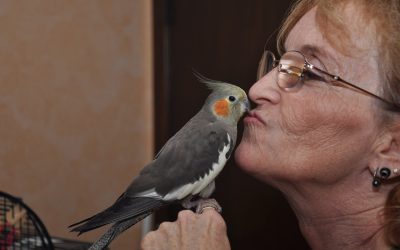

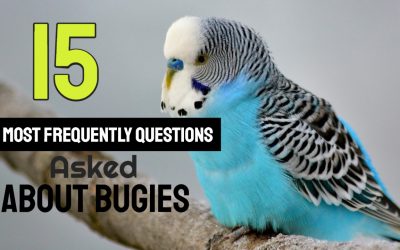
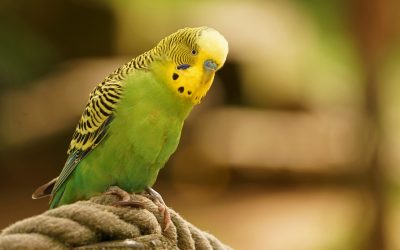
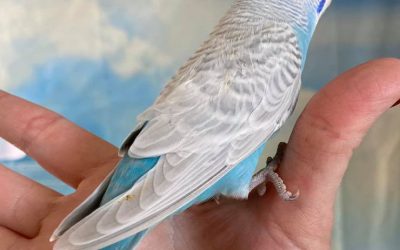

Recent Comments